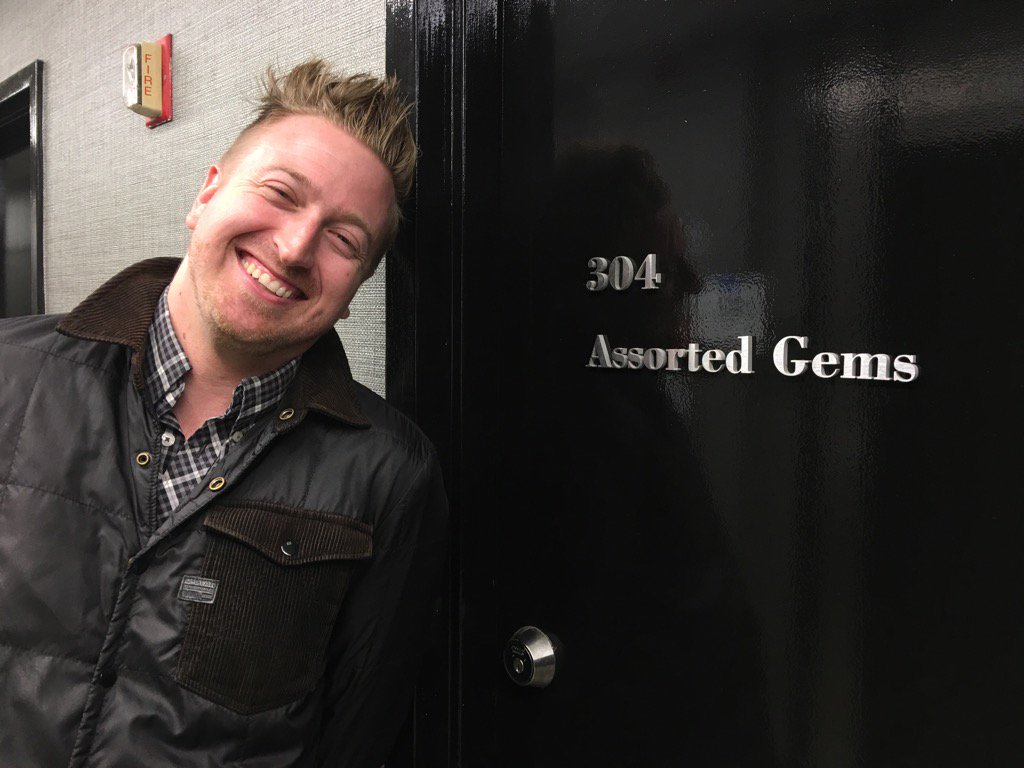
They've sort of made the determination that that would be more harmful than allowing people to say whatever they wanted about the Nazis. So one famous example is in Germany, where you're not allowed to praise the Nazi Party. European lawmakers, regulators, courts, they're much more likely to weigh it against the potential harms that speech might cause.
CASEY NEWTON SUPERHUMAN FREE
NEWTON: So in the European Union, they take a different view toward free expression than we do here in the United States. So Twitter says that when this policy is enforced properly, it should only serve to protect people who don't have, you know, the blue check or the other credentials.įOLKENFLIK: In your recent piece, you've written that, quote, "the American internet is becoming increasingly European." What do you mean by that? If you are a celebrity or a politician or an activist or a journalist, you will not have the same ability to get media of yourself removed that average citizens do. You're participating in the public discourse.

NEWTON: So for example, if you're at a public protest, protesting, Twitter says they will keep photos and videos of you up. There are a lot of exceptions to that policy, though, which we should probably also talk about. And if Twitter looks at it and they think, yep, you're being harassed, they will go ahead and remove it. NEWTON: So the idea of the policy is that if you're an average citizen and someone takes a photo or video of you and you don't like it because you feel like it's harassing you or making fun of you in some way, you can request that Twitter takes it down. Tell us, what does this policy actually do? Newton runs the Substack publication Platformer, and he joins us now. The tech journalist Casey Newton argues that European values are starting to define the experience of Americans on the internet. Twitter's had it in place for the past five years in the European Union. The new policy sparked some criticism it would stifle free speech, but as my next guest notes, it's not exactly new for Twitter. It will ban users from sharing photos or videos of private individuals without their permission in an acknowledgment of concerns about privacy. On Tuesday, the platform made another announcement. And that's far from the only news the site generated this week.

The social media giant Twitter introduced a new CEO and announced major leadership changes this week after co-founder and longtime head Jack Dorsey stepped down Monday.


 0 kommentar(er)
0 kommentar(er)
